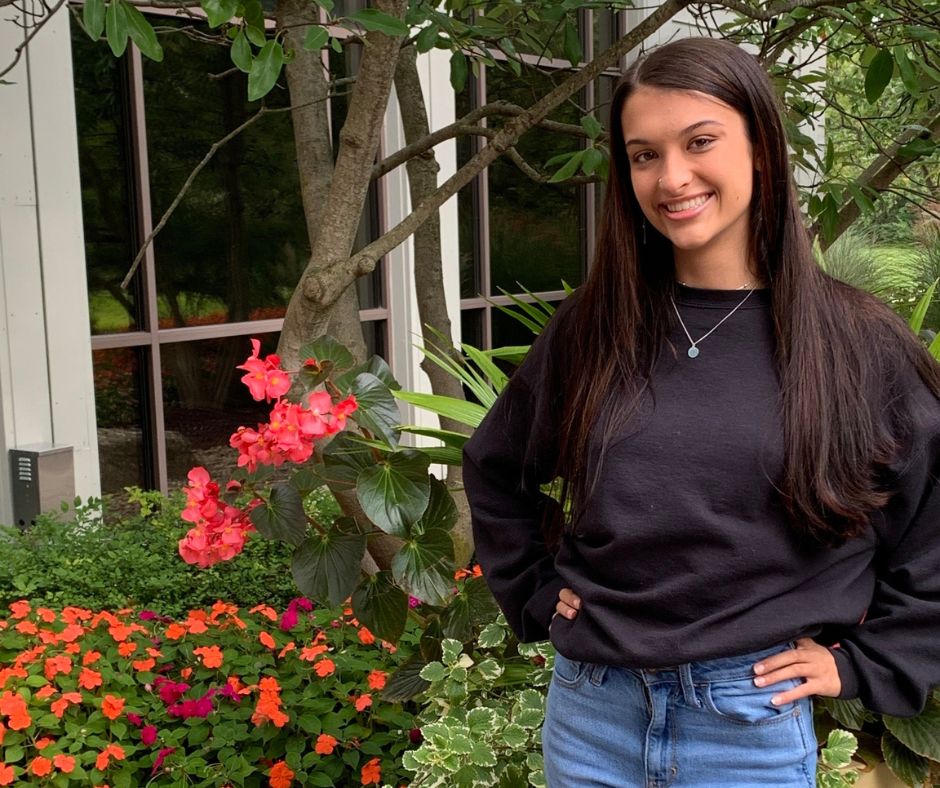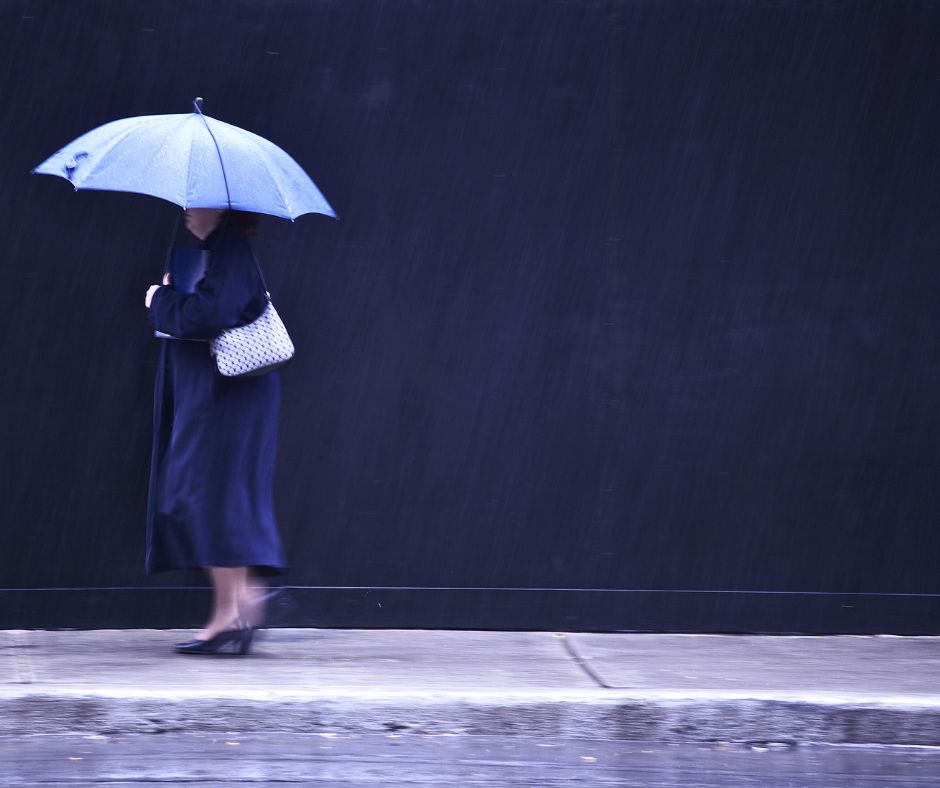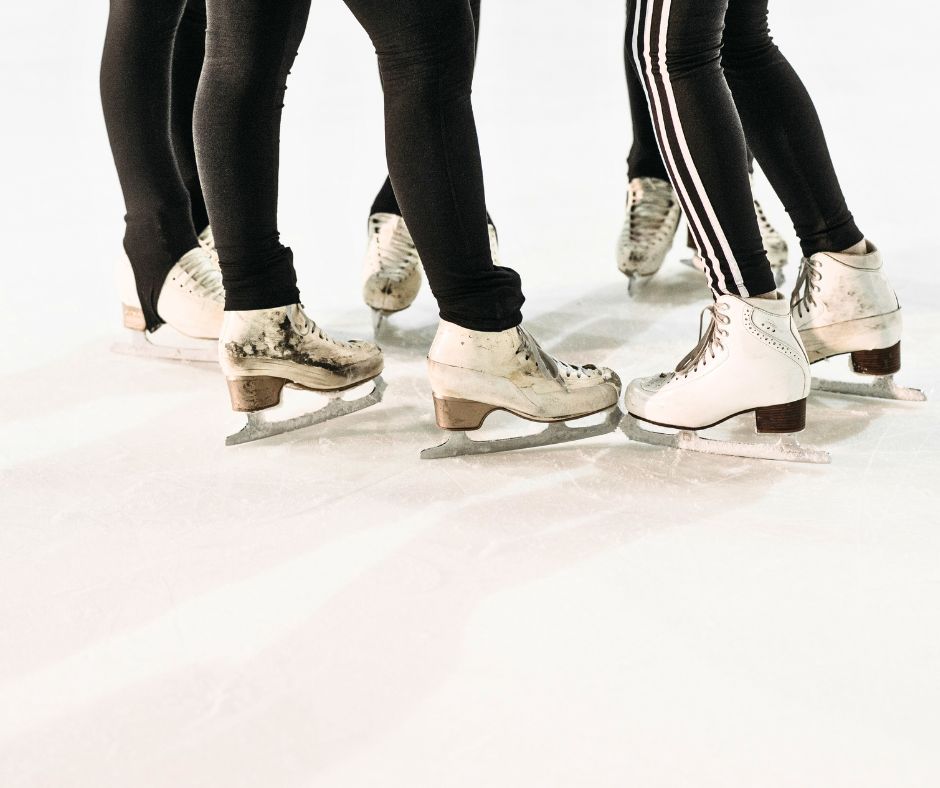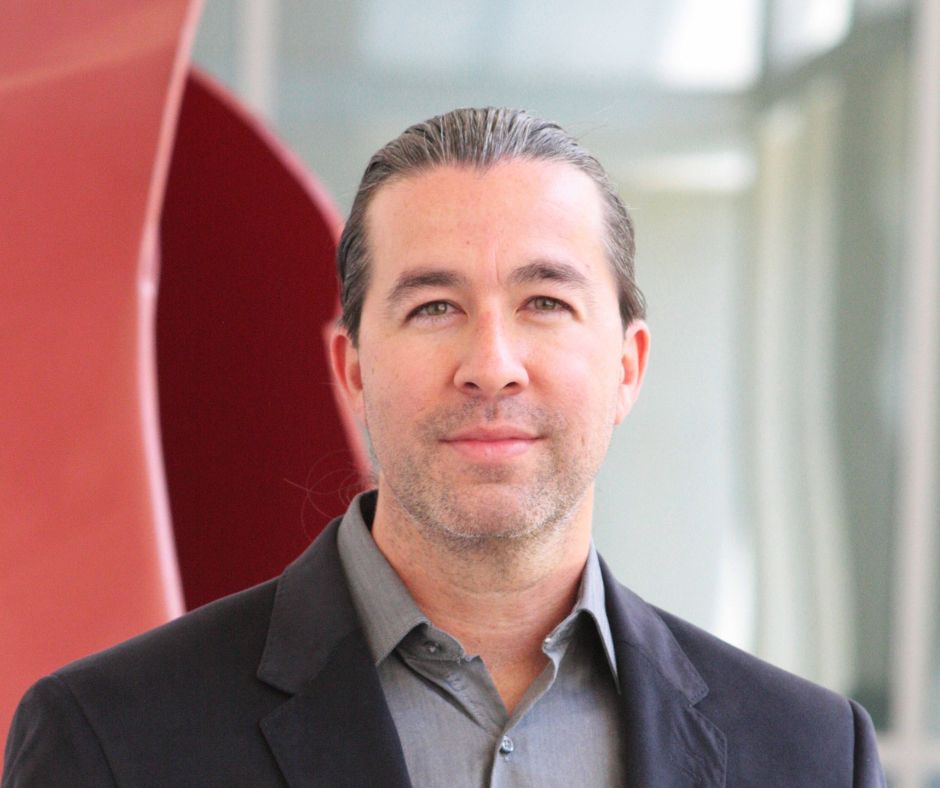In a University panel discussion, four Muslim women tackled misconceptions about Islam in a room of about 30 people. Specifically, they talked about the hijab.
The hijab is defined as a head-covering scarf worn by Muslim women in public. It’s a relatively simple definition. It’s a scarf.
Panelist Amira Hassnaoui said has been highly politicized.
“I honestly cannot see why the hijab has become such a problem,” she said.
Among the four panelists, only one was actually wearing a hijab, while the other three chose to go without. Either way, it was each woman’s choice to either wear it or not wear it.
“I practice [Islam] when I wear it,” Meriem Mechehoud said. “It’s a part of my identity.”
Mechehoud, who has given several other speeches on campus over this topic, stressed she didn’t know whether it was correct for women to wear the hijab or not.
“I believe that I should [wear it],” she said. “I might be wrong. For women who wear it, they might be right; they might be wrong.”
Mechehoud pointed out that the Qur’an doesn’t just have principles in dress for women. Muslim men are also expected to dress conservatively, but society doesn’t often talk about men’s wear.
Some people of Western societies, including Americans, see the hijab as a symbol of oppression for women. There are countries that require and force women to wear the hijab, but in many others they do not.
In countries where it’s not required, wearing the hijab is all about choice. Choosing to wear it makes a statement; just as not choosing to wear it does.
“A lot of Muslim men and women say we have to wear it to protect men [from their sexual desires],” Mechehoud said.
She didn’t agree, and neither did the other panelists.
In Western societies, women can be shown and depicted in popular culture and in media as scantily dressed, and they may be highly sexualized.
Choosing to wear the hijab can be empowering for women because, in that context, they’re rejecting Western societies’, and men’s expectations for women’s bodies, according to a video the women showed at the discussion.
“It’s a misconception that women who wear hijabs aren’t very independent,” Bincy Abdul Samad said.
If they’re not hurting anyone or being offensive, Samad said she believed there was no reason to inhibit women from practicing Islam however they wanted to.
“If you want to wear it, wear it. If you don’t want to wear it, let it go,” she said.
The hijab has become such an issue because people can’t accept differences, Mechehoud said.
“We’re all affected by this,” Hassnaoui said. “We should show the differences among Muslim women.”





















